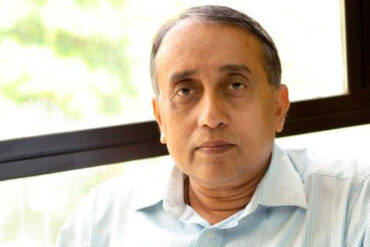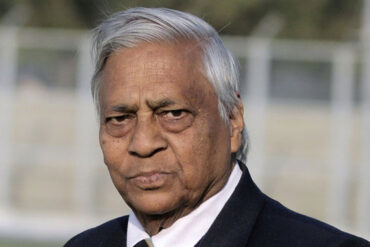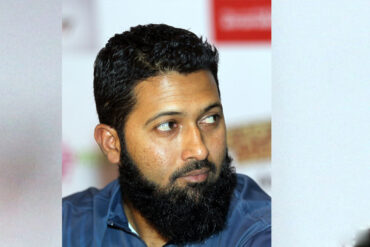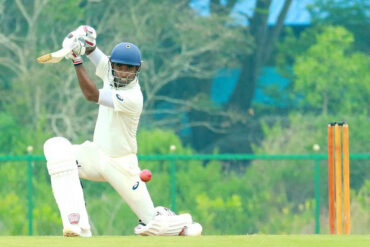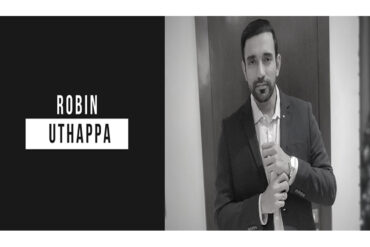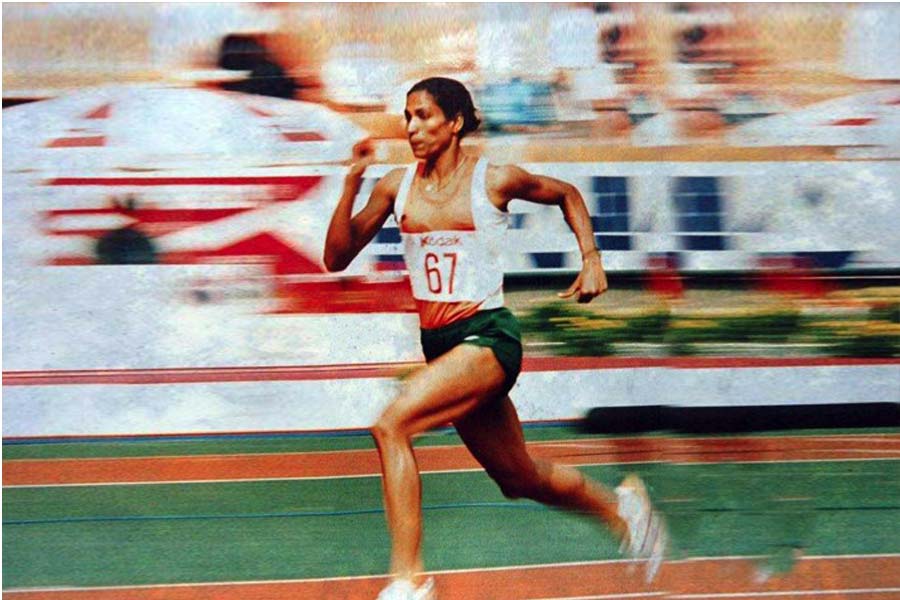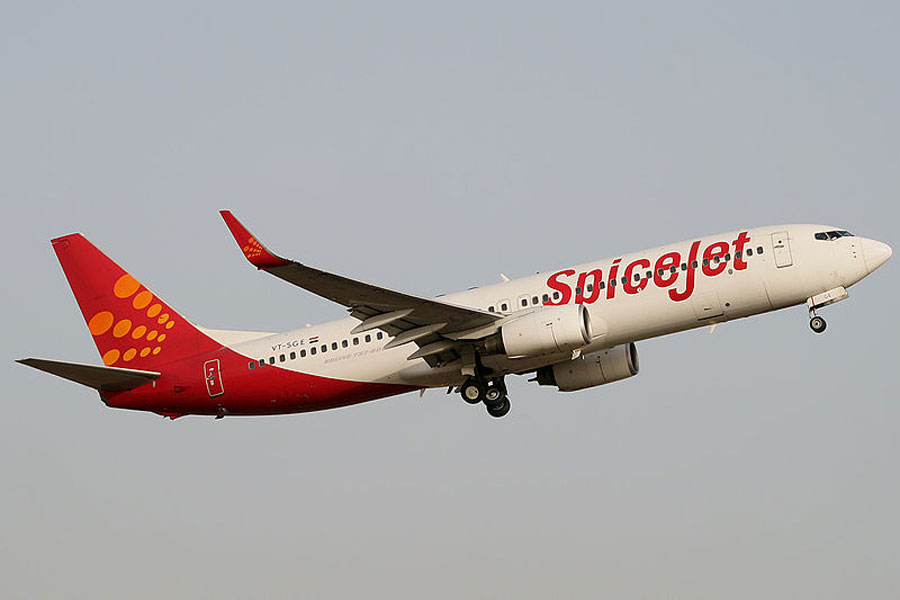God’s own country: Kerala. The state owes this title to several reasons, the primary one being its timeless traditions. People like Meenakshi Amma have been the torchbearers for keeping the ancient tradition of Kalaripayattu, an Indian version of the martial arts, alive. There have been many Meenakshi Ammas across generations who have played a pivotal role in keeping dance forms, sports, ayurveda, herbal spas and many more timeless traditions alive. Gradually, one more tradition with huge potential has started building up—a pantheon of athletics goddesses in God’s own country. Angel Mary John won the silver for India at the Bangkok Asian Games in 1978. Subsequently, M D Valsamma, P T Usha, Shiny Wilson, Mercy Kuttan, Rosa Kutty, Padmini Thomas, Philomina Thomas, Saramma, Tessymol, K M Beenamol, Anju Bobby George, Chitra Soman, Sinimol Paulose and Preeja Sreedharan came one after another, further strengthening and enriching the tradition. This low-cost assembly-line of raw talent has saved the face of the country many a time at the highest of the global sporting platforms. If we see the list of Arjuna awardees from the state, this becomes all the more striking.
M D Valsamma came into the spotlight after the inter-state meet at Bangalore in 1981 by winning five gold medals. This catapulted her into the railway and national teams. In the year 1982, she became the national champion in the 400 m hurdles, with a new record. This record of hers was considered better than the Asian record. In the same year, she won the gold medal in the 400 m hurdles in what was a record time in both Indian and Asian hurdles—58.47 sec in front of a home crowd at the Jawaharlal Nehru Stadium in the Asian Games. Two years later, for the first time in history, the Indian women’s team entered the finals in the Los Angeles Olympics and finished in the seventh position. The moment and its significance in the given circumstances could best be understood by the article published in the name of M D Valsamma in The Hindu. The article reads:
I was not in the best frame of mind when I went to Los Angeles for the 1984 Olympics. I was the Asian Games champion in the 400 m hurdles which came with an Asian record in 1982 but I did not get any international exposure before the Olympics.
We were five girls and we went to LA a month before the games but my coach, A K Kutty, was cleared late, which meant that I did not get proper practice, and my mental preparations were not good. It was cold too.
Since we had gone early, we stayed at the University of California hostel, which was very far away from the Games stadium. There was a lot of drama back home before and my rivalry with P T Usha in the 400 m hurdles was getting bitter.
When we got on the track, there was a lot of bitterness, the rivalry was intense, of course that is professional rivalry but off the track we were friends. I went out in the first round but we were very excited when Usha qualified for the 400 m hurdles final.
And we were very, very sad when she narrowly missed a medal. I felt Usha ran a very bad race… She was too fast in the first 300 m and messed it up. She should have maintained a steady pace throughout, which she did not. She ran the first 300 like she would run the 400 flat. The 400 m hurdle is supposed to be the toughest event in athletics and needs careful planning.
Later, we finished seventh in the 4×400 m relay. We were a strong side, all of us were good 400 m runners and there were three girls from Kerala in that team—Shiny and Usha, apart from me…(Vandana Rao was the other girl). It was good that day, I did the first leg and Usha ran the last and we came up with an Asian record. We did not get much time in LA after the Olympics. There was a bomb threat and we had to leave the place soon after the Games. We had to virtually rush from our rooms to the airport.
This can be further understood when one goes through the statements of Shiny Wilson (Shiny Abraham then), the third female protagonist from God’s own country. In an interview with Rediff.com she says:
Of course, how can I forget my first Olympics? The ultimate dream of any athlete is to participate in an Olympic Games. So you can imagine how excited I was when I was selected to go to Los Angeles when I was just eighteen. It was my performance of 2 min 49 sec in the 800 m at the national meet which was better than the Asian Games record that got me a ticket to LosAngeles. When the news about my selection came, I didn’t know how to react—I was that elated. Myself, Usha, M.D. Valsamma and Vandana Rao started our journey together. Geeta Zutshi, who was the Asian Games gold medallist, was training in the United States itself.
We went by an Indian Airlines flight via Dubai, stayed in New York for a day and then proceeded to Los Angeles. I was awestruck when I saw the Olympic Village for the first time. Till then I had not seen a village where even the track to practise was inside.
We used to practise daily there under the guidance of Joginder Saini sir. I still remember the kind of food they served there: chicken and ice creams of all varieties and lots and lots of fruits. In those days, in none of the camps were we served such good food, and I ate as if I had not seen chicken or ice cream or fruits before! I was also very young! Whenever Saini sir caught me eating lots of chicken, he would tease me, ‘Only Shiny has no problem with the food.’ Though we carried lots of pickles with us, I was not much bothered about that because I simply loved what was available there.
When asked about that famous 800 m race that made her the first Indian woman athlete to qualify for the semi-finals in the Olympics, she said:
I was so nervous and tense the previous night that I could not even close my eyes. I did not eat anything that night. I don’t know how many times I read the Bible and prayed to the image of Jesus Christ that I carried with me. I was tense even when I was doing the warm-up and jogging. Only when I stood there waiting for the gun to go was I no more tense. I ran and the result was my best timing—2 min 46 sec! I was selected for the semi-finals. I didn’t know what had happened. All the Malayali journalists ran to me and congratulated me. It was they who told me that I was the first Indian woman athlete to qualify for the semi-finals in the Olympics. I can only say I was very, very happy.
About that epochal ‘so near yet so far’ moment in Indian sports where Usha narrowly missed the medal, she said in the interview with rediff.com: We were all there to cheer her, and, actually, we all thought she had won the bronze. When we came to know that she lost in the photo-finish, we were terribly sad; Usha was also inconsolable. That was the first time the 400 m hurdle was introduced in the Olympics.
And to the specific question on the 4×400 m relay, in which the women’s brigade created history, she said:
It was one of the last events, and all of us were very fresh. Much to our pleasant surprise we reached the final with a timing of 3.32 sec, which was the Asian record and one of the best timings in those days. Imagine, till then we had not won any Asian medal, and there we were, clocking the best Asian timing!
Excerpted with permission from She Dared, Women in Indian Sports; Published by Rupa

